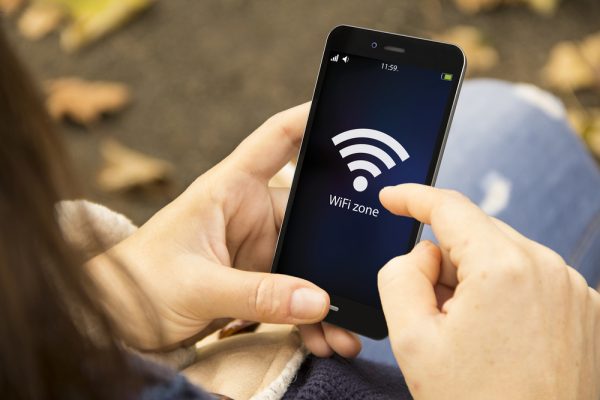Consumers overconfident of their connected device security

A new study from the National Cyber Security Alliance (NCSA) into perception and behavior around connected device security reveals that most US consumers are confident that the connected devices they own are secure.
However, the survey of 1,000 respondents in two age groups (500 aged 18-34 and 500 aged 50-75) reveals this confidence may be misplaced, along with some interesting generation gaps.
While 81 percent of consumers in the 18-34 age group feel moderate to high confidence that the connected devices they own are sufficiently secure only 77 percent of the 50-75 age group feel the same way.
Neither age group has a monopoly on poor security habits. More than one-third (36 percent) of Americans aged 50-75 say they rarely or never check for software updates to their connected devices. 54 percent of 18-34-year-olds frequently connect devices to unprotected WiFi networks to access company servers, banking information and email.
In addition half of 18-34s sometimes or never deactivate unnecessary manufacturer features such as location tracking and data sharing in newly purchased connected devices. Also 44 percent of this demographic always accept push notifications from apps, such as requests to access location or contact data.
"There's a disconnect between how secure consumers think their connected devices are and the security hygiene behaviors we've tracked," says Kelvin Coleman, executive director of NCSA. "Although the majority of respondents understand very basic data protection measures, like the importance of multi-factor authentication and updating default password settings on new devices, there's still a lot of work to do in building awareness to narrow the vulnerability gap among all users."
Older users are generally more risk averse with 42 percent of 50-75 respondents never using public WiFi with their connected devices to access work data, banking info or email. 68 percent of these users will only download apps from trusted sources and only 23 percent are very comfortable using cloud storage to back up data.
"Older respondents are more calculated when it comes to taking risks associated with using connected devices, choosing to stay away from public WiFi when accessing sensitive personal information, downloading apps solely from trusted sources, and largely shying away from cloud storage solutions. Given how well documented threats stemming from these practices have become, the decision to avoid these behaviors are sensible," adds Coleman.
In the now almost obligatory look at remote working habits, 64 percent of older remote workers say they felt partially or very prepared by company IT policies to switch to a WFH arrangement, compared to 83 percent of younger respondents. Despite that, 49 percent of 50-75 employees ensure better WFH security by regularly updating antivirus, anti-malware and firewall software on their devices, with just 33 percent of younger workers doing the same.
The full report is available from the NCSA site.
Image credit: georgejmclittle/depositphotos.com
